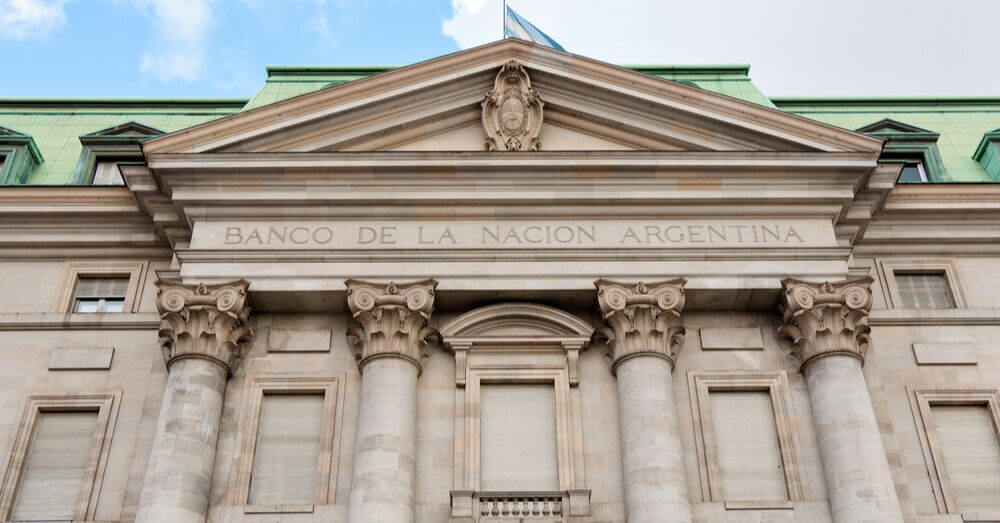
The FIU has attributed its enhanced scrutiny to increased crime rates and concerns on money laundering. Many believe, however, that the crackdown was implemented to prevent fiat currency from being converted into BTC.
The Financial Information Unit (FIU) of Argentina has announced that they are working on implementing tighter controls on crypto trading within the country. It claims that these are necessary measures because of an alleged rise in crime and money laundering since cryptocurrency took off in the South American nation. However, many believe that the government’s actual motives for targeting crypto are rooted in the collapse of its national fiat currency, the Argentinian Peso (ARS).
This was covered by El Cronista, an Argentine newspaper.
In a statement made by the FIU President, Carlos Alberto Cruz, it was revealed that they thought the increase in operations carried out through virtual assets was a concern because it “could be carried out by people who intend to circumvent international standards and avoid the [anti-money laundering] framework.”
The FIU is working on gathering more information on persons and entities that are involved in crypto trading. It has issued an order to several institutions, from exchanges and mutual funds to banks and credit card companies, to report any suspicious activity.
Other companies, such as NGOs, stockbrokers, mail and shipping companies, and even art galleries and sports leagues, will be placed under enhanced monitoring by the FIU.
The ARS has been struggling to stay afloat since 2019. It suffered from an inflation of over 50%, a significant statistic even before the impact of the coronavirus was experienced by the global economy.
Recently, the government defaulted on its national debt, which will increase the likelihood of hyperinflation.
Amidst all this instability, many Argentinians have responded by investing in Bitcoin in order to secure and safeguard their funds. In fact, Argentina welcomed 2020 with a notable spike in Bitcoin trading on peer to peer exchanges. These raised concerns from the government that the flow of funds out of the ARS and into crypto will speed up the collapse of the national currency.
Founder of the Buenos Aires Bitcoin Center Franco Amati echoed these sentiments in a tweet he posted on May 22nd.
He wrote, “[The] Argentine government wants to stop the ‘Bitcoin dollar’ (buying BTC with ARS inside Argentina and converting those BTC to USD abroad). Let’s see how that works.”
Attached to his tweet is a link to the El Cronista newspaper.
In related news, other countries that have struggled with hyperinflation, such as Iran and Zimbabwe, have also taken similar measures to ban cryptocurrency within their borders, in a bid to safeguard their national fiat currencies.

